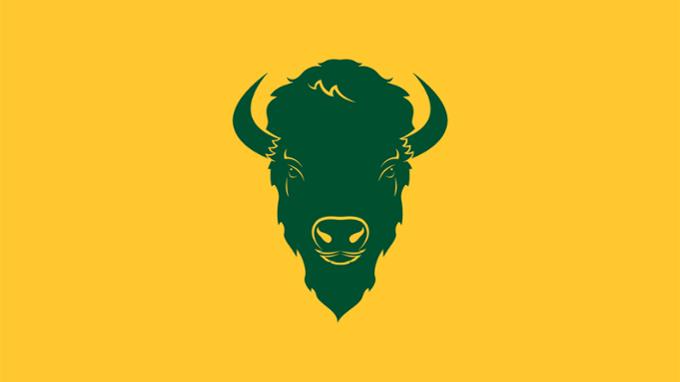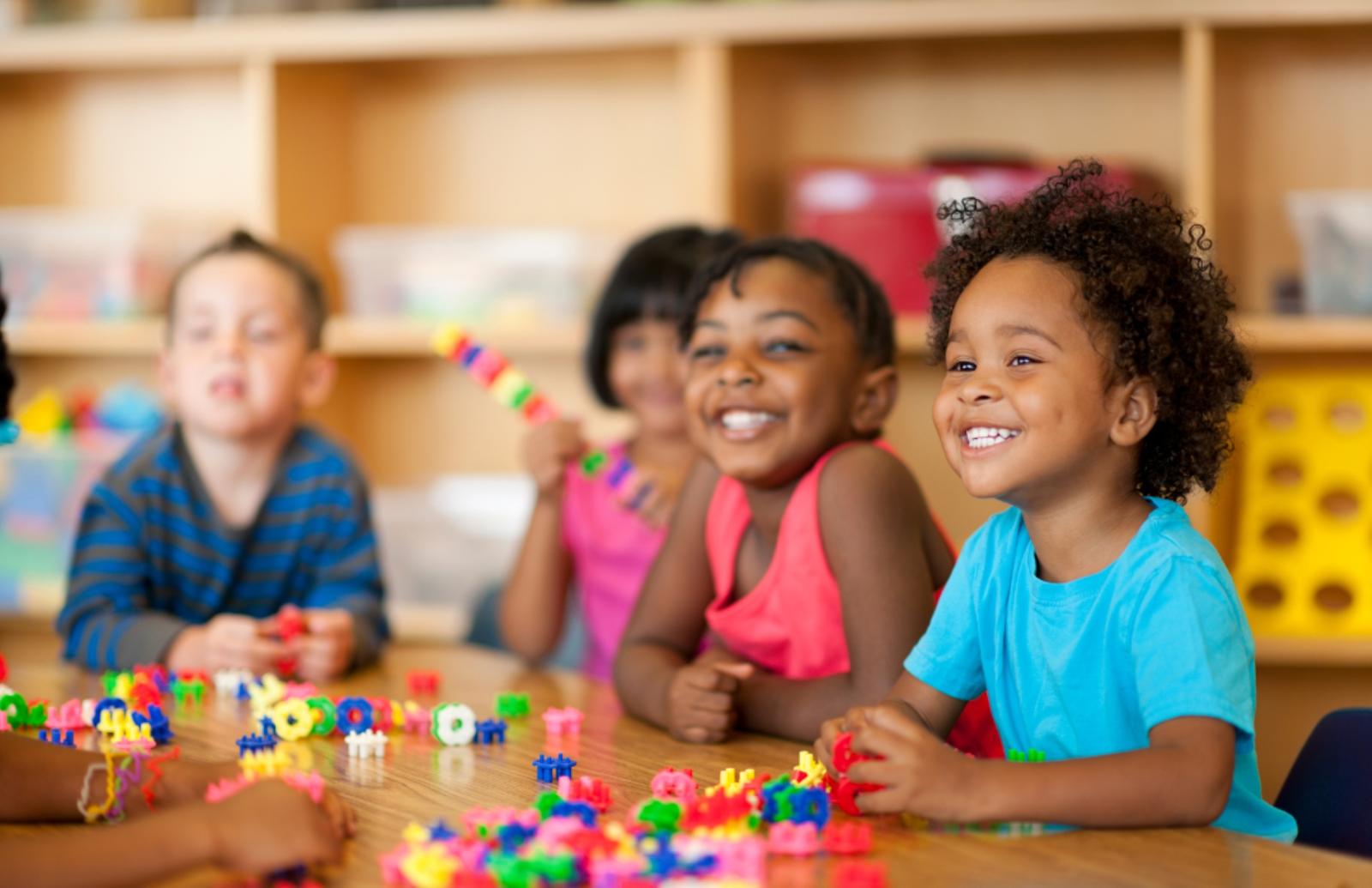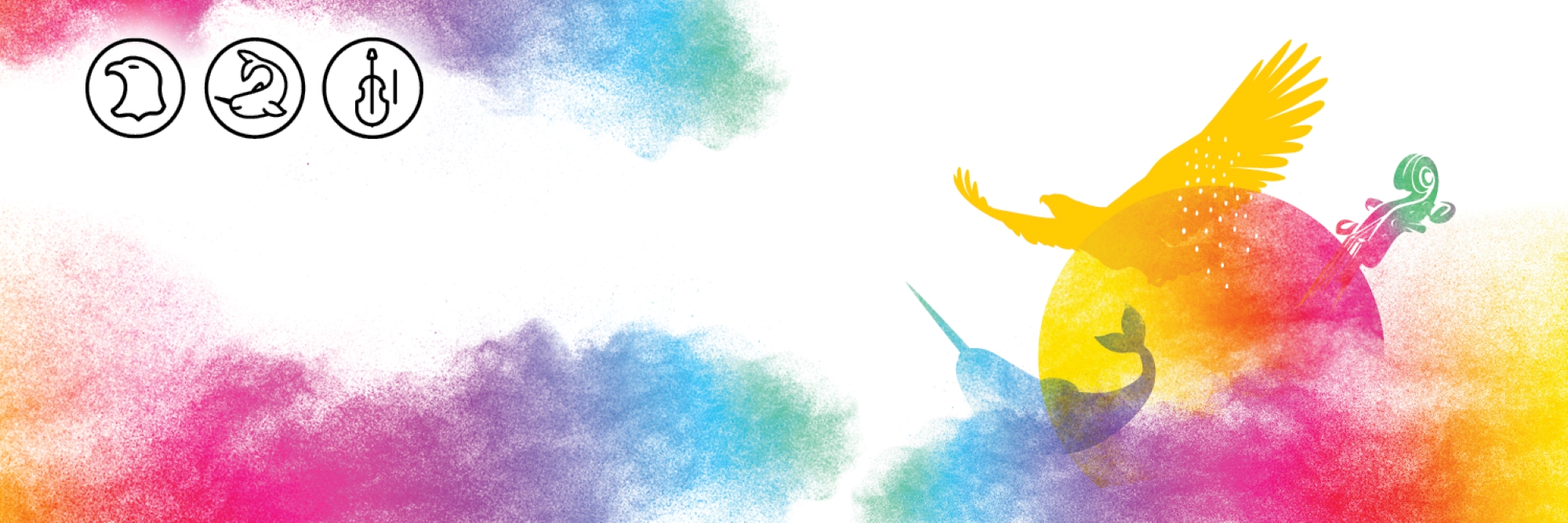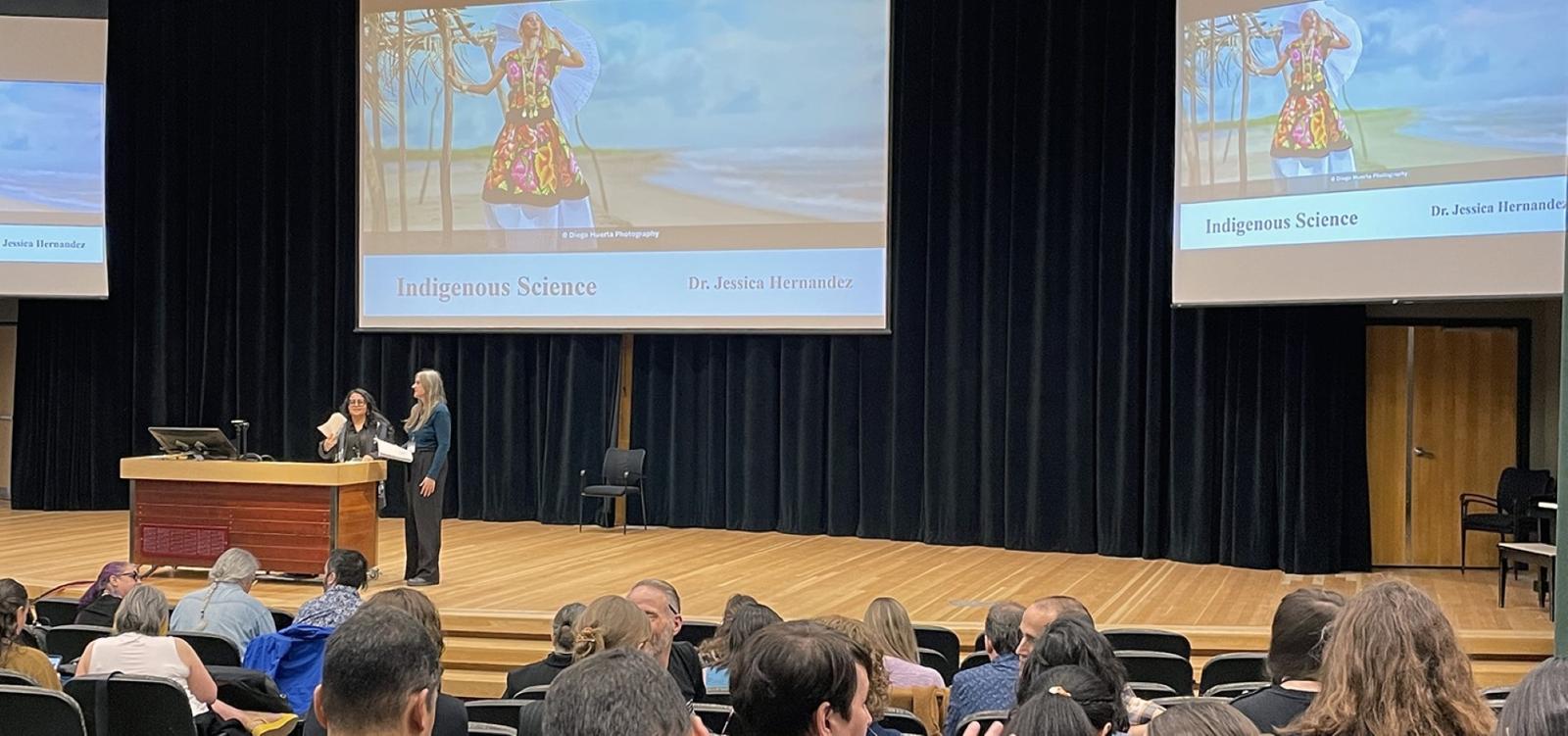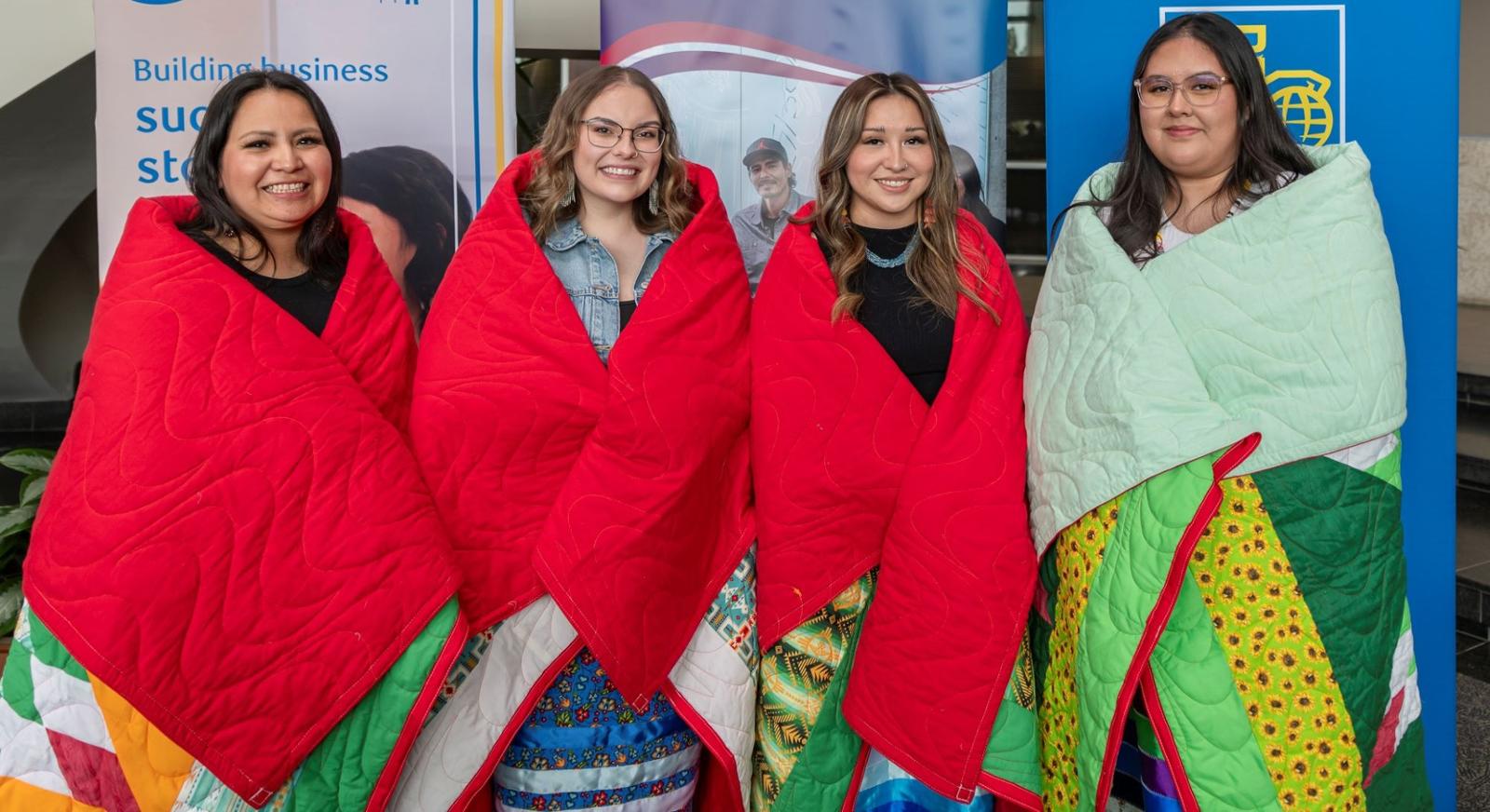One of the themes in the University of Regina’s new Indigenous Engagement Strategic Plan Tapwewin kwayaskwastâsowin, Truth and Putting Things Right is Learning and Teaching, with an objective to incorporate Indigenous ways of knowing into teaching and research. The plan aligns with the U of R’s overall strategic plan kahkiyaw kiwâhkômâkaninawak, All our Relations, which identifies Truth and Reconciliation as one of five key areas of focus.
Finding ways to share the history and knowledge of Indigenous people in Canada
A group of University of Regina faculty members have taken it upon themselves to incorporate Indigenous ways of knowing into their classrooms and it is changing how they teach their classes. This includes Dr. Koroush Khandehroo, an Instructor with the English as a Second Language Program at the U of R. He has worked to increase his knowledge on Indigenous peoples in Canada through collaborating with his colleagues at the University and within the ESL Program, and by attending professional development events. He now passes on what he has learned to his students by using linguistically simplified content to give them a basic knowledge of Indigenous peoples in Canada.
“I transferred my knowledge to my students, which was quite rewarding,” says Khandehroo. “I sensed that my students fine-tuned their understanding of the history of Indigenous peoples in Canada.”
An Indigenous person is a better source of both Indigenous knowledge and information, so it’s important that my students have the opportunity to hear from Indigenous guest speakers as well.— Dr. Koroush Khandehroo, an Instructor with the English as a Second Language Program
Khandehroo has also invited Indigenous guest speakers into his classes to speak to newcomers to Canada.
“I have been living in Canada for 13 years, and I am still learning,” he says. “An Indigenous person is a better source of both Indigenous knowledge and information, so it’s important that my students have the opportunity to hear from Indigenous guest speakers as well.”
As a first-generation immigrant in Canada, Khandehroo is a huge proponent of finding more opportunities to participate in personal and professional development, such as workshops and events, that help him to incorporate Indigenous ways of knowing into his teaching practice.
Learning, unlearning, and demanding change: Turning questions in to action
Dr. Brenda Anderson PhD’11, Associate Professor (Luther College) in the Department of Gender, Religion and Critical Studies, is another faculty member dedicated to incorporating Indigenous ways of knowing into her classes. She teaches a class on missing and murdered Indigenous women in Canada and around the world and finds herself thinking about how she can best fulfill the role of an ally for Indigenous peoples.
"As a non-Indigenous person … I am confronted with the question of what roles and responsibilities I now have in my privileged position as a white, feminist academic choosing to be a witness to the past and an ally for the future,” says Anderson.
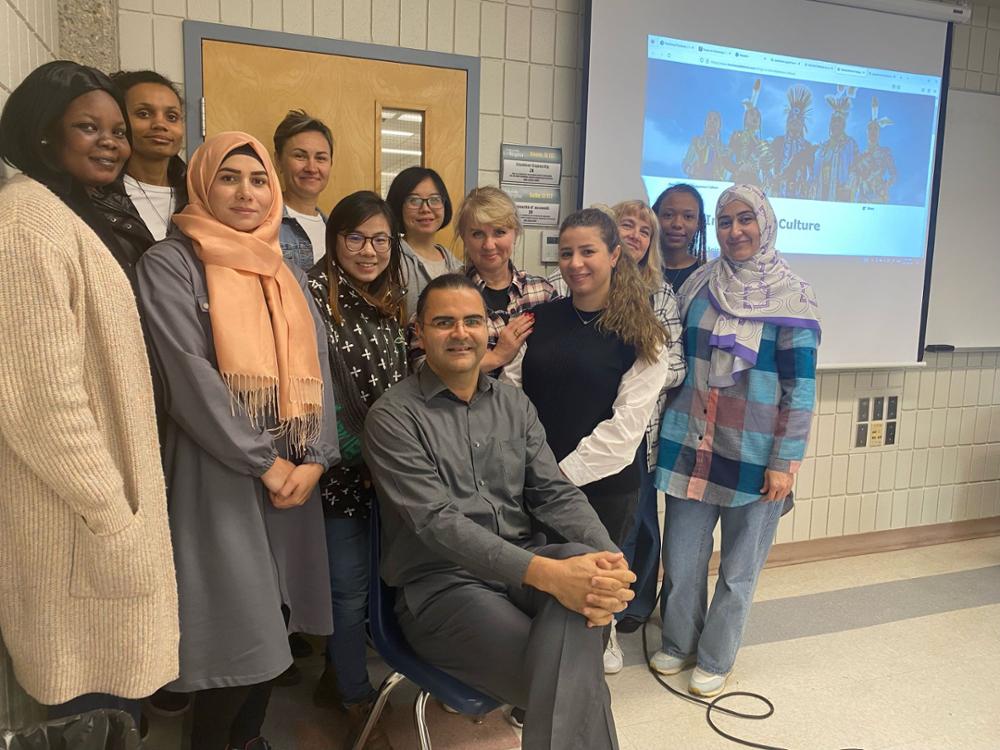
“The issue of missing and murdered Indigenous women was the catalyst for turning my questions into action. The repeated horror of listening to news stories and reading posters on pharmacy windows asking, ‘Have you seen… Please call…’ led me to ask Indigenous women—Elders, activists, mothers, and daughters—what key lessons a non-Indigenous ally needs to learn about standing alongside, and how those with social privilege can make space for things to happen."
As Anderson reaches out to and learns from Indigenous women, she shares her learning with her students.
Faculty inspiring students
One such student is Maren Savarese Knopf, a student at the University of Regina studying a Master of Arts (MA) in Women and Gender Studies. Her research explores the conditions and practices that impact individuals with intersecting marginalities, including those with disabilities, during the COVID-19 pandemic in Saskatchewan. Prior to her MA, she received a Bachelor of Arts (BA) in Socio-Cultural Anthropology at the University of Regina and a certificate in Health Studies.
As part of the course work required to complete her MA, she took WGST 880 – Missing and Murdered Indigenous Women and Girls over the spring/summer semester with Dr. Anderson. The course explores the MMIWG crisis from a global perspective.
While taking the course, Savarese Knopf became interested in an approach to learning that encourages connection to the land and one's relationship to it. Known as Walking Methodologies, this method calls participants to learn outdoors, as well as learn from the outdoors. It asks those involved to consider Place as the teacher. It encourages engagement of imagination in order to move learners towards reconciliation. It means learning and then employing Indigenous worldviews and ways of learning to guide teaching. It is a practice that was new to both Savarese Knopf and Anderson.
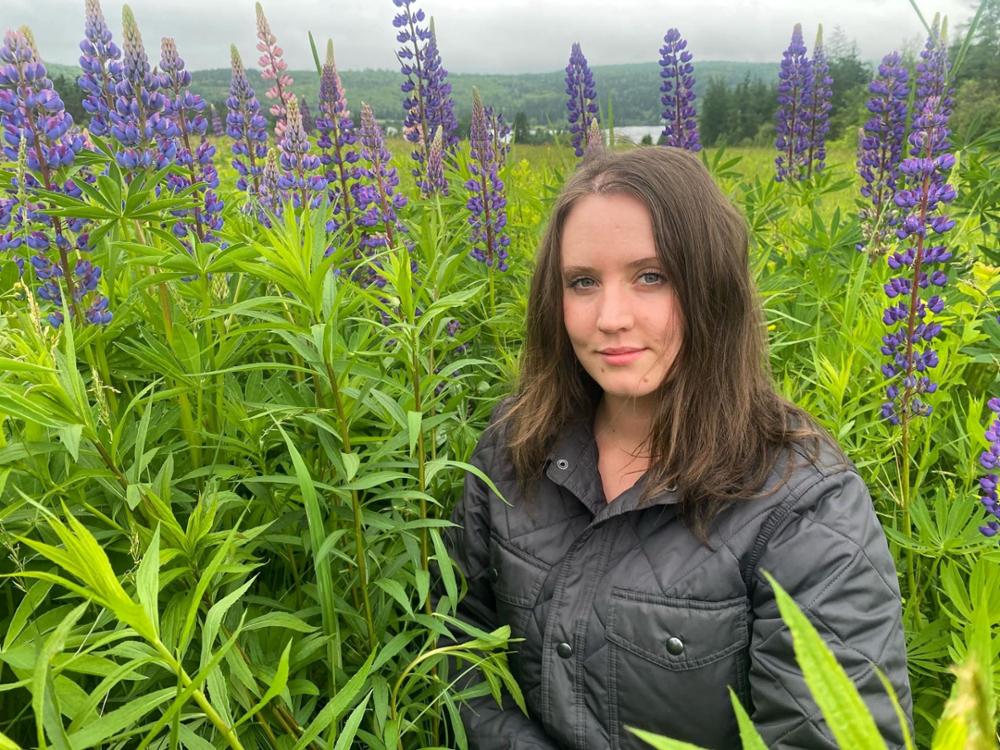
“It is a way to Indigenize learning, to decolonize it,” says Savarese Knopf. “Dr. Anderson encouraged me to use the framework of walking to explore the ongoing crisis of MMIWG2S people in Canada and across Turtle Island. In doing so, Dr. Anderson facilitated several meetings with community members who had both lived and personal experience with alternative/decolonial forms of inquiry. These are people who work at decolonizing their minds, bodies, and spirits of colonial teachings, practices, policies and prejudices, and the MMIWG2S crisis.”
As result, Savarese Knopf’s paper “Walking into tomorrow: MMIWG2S, gendered necro politics and movement” examines the interlocking structures of racism, sexism, and movement within the MMIWG2S crisis which impacts the lives of Indigenous peoples.
“The paper explores what it means to go ‘beyond’ research by asking how settlers and Indigenous people can jointly walk as an embodied decolonial and transformative practice” says Savarese Knopf. “This paper, with Dr. Anderson’s encouragement, thrust me into a new way of looking at the world – a new realm of inquiry, writing, and exploration that engaged time, place, and the body.”
Walking together. Learning from one another
Josephine Forest works in the U of R’s Centre for Teaching and Learning and provides Indigenous support to faculty members and units, helping them decolonize their curriculum, their method and practice of teaching, as well as their assessment and instructional practices. She played a role in helping educators like Dr. Khandehroo and Dr. Anderson as they work to Indigenize their classrooms.
Discover how you can Indigenize your education. The U of R’s Indigenous Engagement Strategic Plan is a great place to start.
“In order for the University to get to a place where all faculties and faculty members are incorporating Indigenous ways of knowing into their classrooms, we must walk together and learn from one another,” says Forest. “I think about the Elders in my community; they always say that we have to look ahead and create future for our children. There is a thinking that Indigenization is reverse assimilation, and I think that can make people nervous and unsure about change.”
Forest believes that engaging in critical conversations about the history of Indigenous peoples is important. By working together, she believes we can create a community of educators and learners at the U of R that honours Indigenous peoples and is part of the reconciliation process.About the University of Regina
Set in the heart of the Canadian prairies we are a comprehensive, mid-sized university where the opportunities are as limitless as the horizon. Our campuses are on Treaty 4 and 6 - the territories of the nêhiyawak, Anihšināpēk, Dakota, Lakota, and Nakoda peoples, and the homeland of the Michif/Métis nation. It is our responsibility to strengthen relationships with Indigenous communities to build a more inclusive future for all. Our three federated colleges, 10 faculties, 25 academic departments, and 18 research centres foster innovative research with practical and theoretical applications. We are committed to cultivating the potential of our 16,000 students and supporting their health and well-being. We take learning beyond the classroom through work and volunteer experiences to develop career-ready graduates.
Let’s go far, together.
